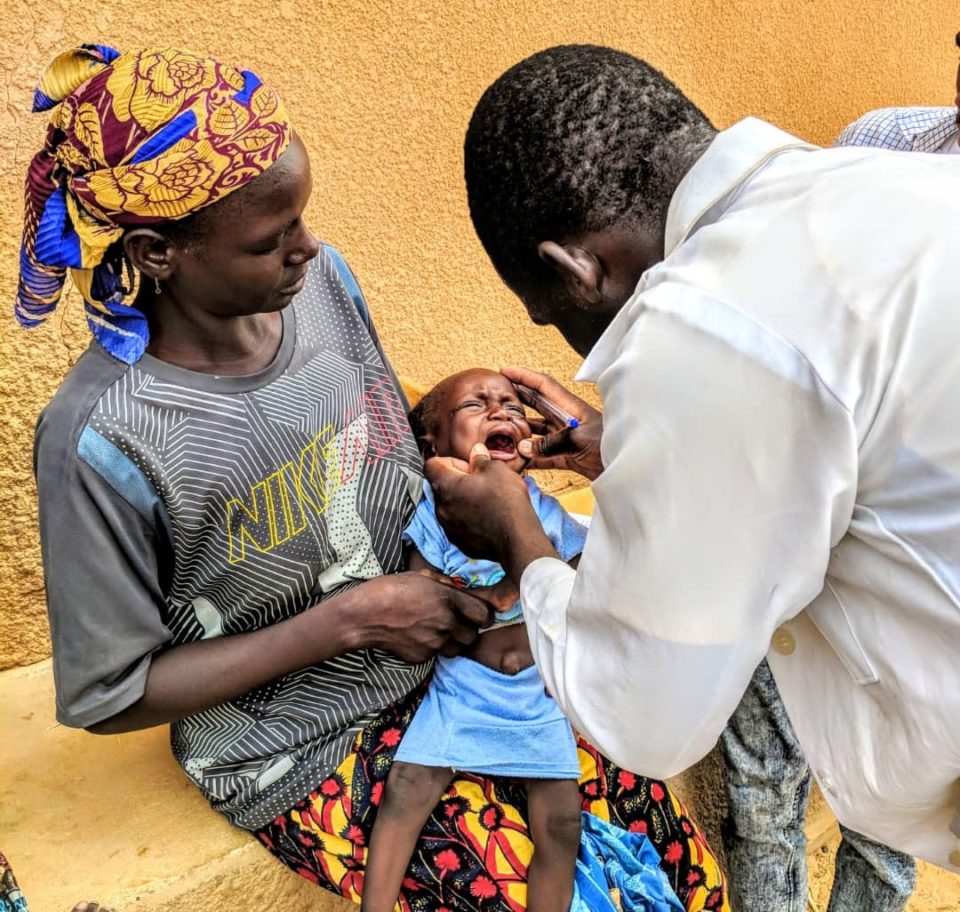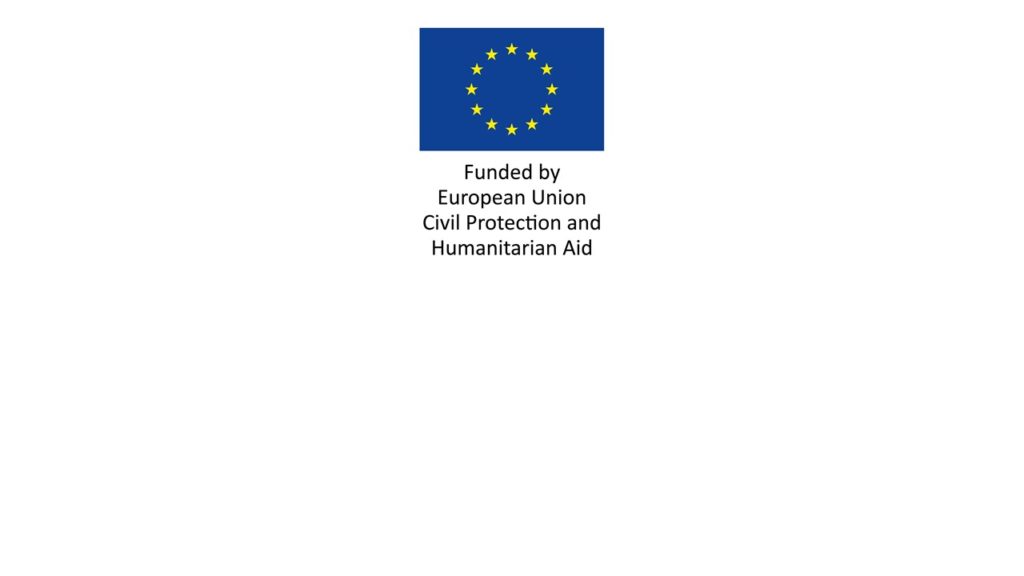 Stories
Stories
January 1, 2019 • 2 min read

"Little Assia Murza and her family have GOAL to thank for vital intervention that probably saved her life."
Assia, from Idon Rakoumi village in the Zinder Region, is one of 17,000 vulnerable children aged under five reached by GOAL in Niger in the last year thanks to funding from ECHO.
Assia’s mother, Murza (33), explained how her daughter was diagnosed as being severely malnourished after a visit to the local health clinic. This was complicated by the fact she had acute gastroenteritis. Her condition was so poor, Assia was rushed to hospital by ambulance to receive immediate treatment. Under the Echo-funded GOAL programme her transportation to the hospital, treatment and food and follow up visits were paid for.
This programme – which focuses on health, nutrition and livelihoods – was established in January 2018 to target some of the 1.4million people who are food insecure and at risk of malnutrition in the Tanout and Belbedji health districts within the Zinder Region.”I pray to God for the continuous work of GOAL. I pledge to encourage members of my community to pay the harvest taxes which will help support people when they are ill.”
The programme helped reached the most vulnerable families and supported them in surviving the treacherous ‘lean period’ which lasts from May to September.
Even with a successful harvest, thousands are still at risk of death from malnutrition – with children under five years old the most vulnerable. The increasing number of migrants into Niger, one of the world’s poorest countries, is putting further pressure on food security.
GOAL’s work under the programme focuses not only on immediate response, but also on increasing stability within communities. Over 260,000 individuals benefitted from behaviour change sensitisation sessions within community groups. In addition, GOAL trained over 7,000 mothers to recognise and assess signs of malnutrition by measuring the mid-upper arm circumference (MUAC) using the MUAC approach.
Under the programme locals are asked to pay a small tax on harvest to support services in their areas and this helped to fund Assia’s treatment.Mrs. Mouza watches on as her daughter is assessed by specialist at a health clinic

